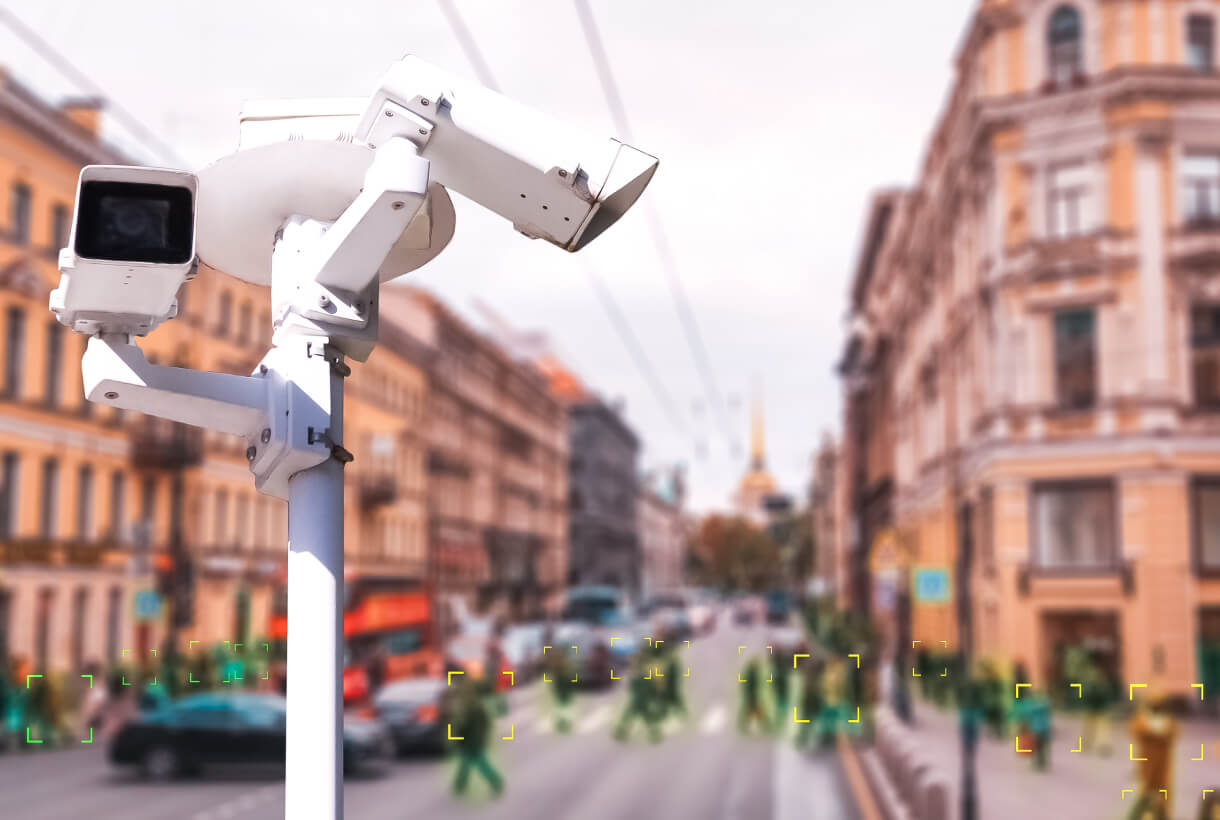While the 2024 Paris Olympic Games will be a spectacle of athletic achievement, it also promises to showcase state-of-the-art, Artificial Intelligence (AI)-enabled systems. Intel Corporation will deploy a number of AI-enabled systems to allow spectators near and abroad to gain insights on the Games and athletes. But most notably for security and risk managers will be the potential performance of a variety of AI-enabled security systems deployed for the Games.
France's new surveillance law has the potential to significantly enhance security for the 2024 Olympic Games by leveraging AI to monitor and respond to threats in real time. It could deter criminal activities, detect terrorist threats and manage public safety more effectively. However, its ultimate success will depend on the accuracy of the technology, the efficiency of its implementation and the balance struck between security and civil liberties. It is likely that France’s increased AI surveillance strategy will have limited effectiveness in the near term.
What Is Being Done?
French authorities are currently running evaluations on a number of AI-enabled software systems at large-capacity events. Taylor Swift and Depeche Mode will be two of the concerts that French police will test their systems on prior to the Olympics. Specifically, the French Ministry of the Interior is using a software called Cityvision developed by Wintics. This AI is trained to identify visual indicators of disruptive behavior such as weapons, prone bodies, unattended packages or fire. The AI system will also respond to numbers of individuals and movements to give alerts for crowd behaviors. Notably, French authorities are not using facial recognition as part of the suite of capabilities. AI surveillance systems are gaining wider acceptance around the world, but there continues to be concerns over civil liberties and overall effectiveness in preventing security incidents.
Risk in Europe this Summer: Preparing for the Paris Olympics and UEFA European Championship in Germany
The summer of 2024 will see several high-profile events. Learn best practices for managing travel risk to keep your people informed and safe.
The Potential Benefits of AI-enabled Systems
AI-enabled surveillance systems could provide enhanced detection and response by providing real-time analysis and broader coverage. AI algorithms can analyze video feeds in real time, identifying and flagging suspicious activities promptly. This could enable quicker responses to potential security threats, such as unattended bags that might contain explosives or unusual crowd movements that could indicate the onset of violence or a stampede. The extensive network of surveillance cameras will provide comprehensive coverage of public areas, reducing blind spots and improving overall situational awareness for security personnel. Incident management protocols will be critical to effectively leveraging these AI systems, ensuring that flagged activities are promptly addressed and escalated as necessary.
Supporters of these AI systems hope that their use will have a deterrent effect on crime or disruptive behavior. Potential wrongdoers may be less likely to engage in illegal activities if they know they are being watched. By identifying suspicious behaviors and items quickly, the systems could help prevent incidents like the 2015 Paris attacks.
What Issues Might We See?
While the surveillance measures are likely to enhance security, their effectiveness will depend on several factors. It is likely that the 2024 Olympics will see two types of challenges: technical/operational and social/cultural/legal.
Technical and Operational Challenges:
Implementing and maintaining a large-scale, untested surveillance system requires significant resources and coordination. Technical glitches, cyber-attacks or operational failures could impair its functionality. Technical failures could lead to lapses in security coverage or false alarms, creating noise or inefficient deployment of security forces. Early test runs of the systems by French authorities are good signs that it is likely to be functional in time for the 2024 Olympics. Cyber threats continue to be present with the use of AI-enabled systems; the surveillance systems themselves could be targets for cyber attacks, aimed at either disrupting security operations or stealing sensitive data.
The success of these systems hinges on the accuracy and reliability of the AI algorithms used. AI algorithms might exhibit biases, leading to discriminatory practices and false positives in identifying suspicious behavior. False positives and negatives could undermine trust and effectiveness, leading to unnecessary interventions or missed threats.
Social, Cultural and Legal Challenges:
The public’s perception of surveillance measures can impact their effectiveness. Those same false positives or negatives, false alarms or discrimination could make implementation increasingly difficult. If citizens view these measures as overly intrusive, it could lead to resistance and non-cooperation, potentially undermining security efforts. Indeed, organizations such as Amnesty International and a variety of legal organizations have lodged questions and protests about the broad use of AI systems in policing. Finally, in conjunction with the cyber threat, there is a threat of data being used for purposes beyond its original intent, such as surveillance of political opponents or marginalized communities.
Looking Ahead
France's new surveillance law and suite of systems have the potential to significantly enhance security for the 2024 Olympics by leveraging AI to monitor and respond to threats in real time. It could deter criminal activities, detect terrorist threats and manage public safety more effectively. However, its ultimate success will depend on the accuracy of the technology, the efficiency of its implementation and the balance struck between security and civil liberties. More broadly, the high-profile experiment by French authorities should provide valuable lessons learned for business and security managers in the adoption and implementation of AI-enabled security systems.
The mission can feel daunting and the path forward unclear. If you’d like to continue this discussion, provide feedback or are looking for assistance, OnSolve is here to help.


